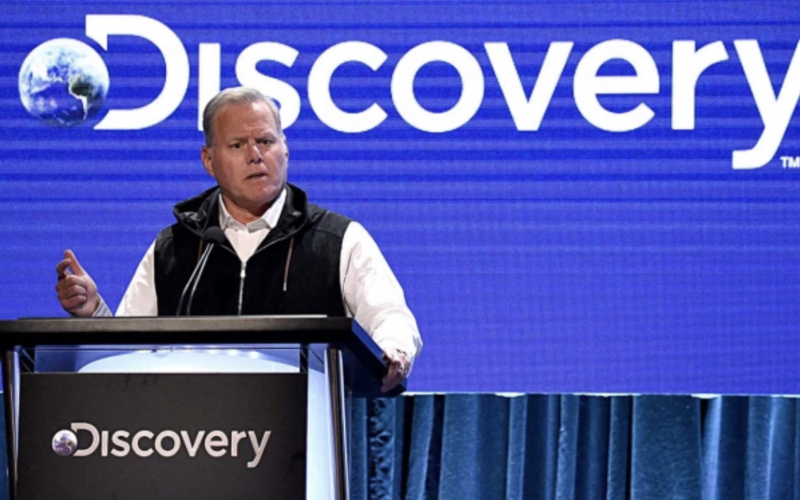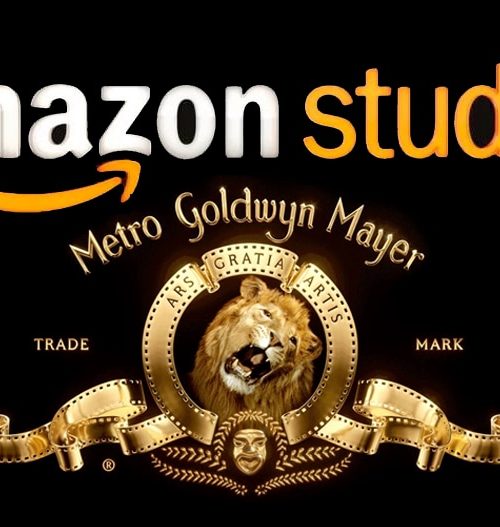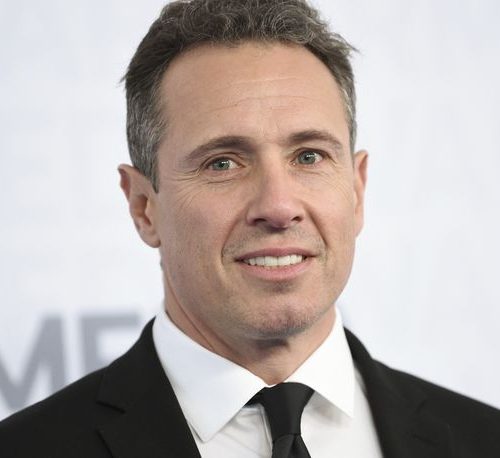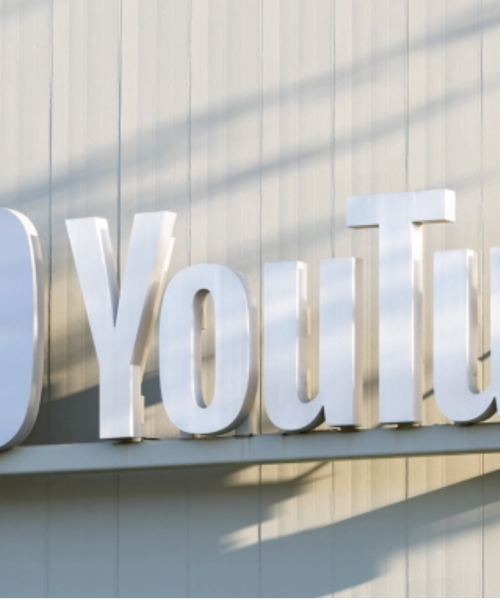BY GEORG SZALAI | HollywoodReporter.Com
Troy Warren for LosAngelesNewsAndTalk.Com #Business
David Zaslav says he’ll have an office on the Warner Bros. studio lot and has “ideas” about the unified leadership structure at the merged firm but isn’t ready to present that yet.
Discovery CEO David Zaslav will move to Los Angeles to run the new content giant to be created by the merger with AT&T’s WarnerMedia, which is expected to close by mid-2022, the executive said on Wednesday.
“I am moving to California,” specifically L.A., with an office on the studio lot, because “that is where the content is made, this is a content company,” the man who will also be CEO of the combined Warner Bros. Discovery told the Paley Center’s Paley International Council Summit in a session that was webcast. “I’m going to be very hands-on.” And he added: “The better our content is, the better chance we have of being the leading media company in the world.”
Zaslav said that he would, however, return to the East Coast regularly to visit other key operations, including CNN.
Will Zaslav look to hire a creative chief or other managers in between his CEO role at the merged firm and the heads of Warner Bros. and HBO? “We have ideas about” the structure, but he said he wasn’t ready to present them yet.
The industry veteran also addressed scale and consolidation in the media and entertainment industry. “There will be substantial consolidation over the next five years,” Zaslav predicted. “I think we are now big enough, and we have the artillery we need in this war of transition and disruption.”
Calling Netflix and Disney “formidable” competitors, he said that “we have a bigger library than Netflix.” Zaslav also touted the merged firm as “the greatest media company in the world.”
Asked about Netflix, he also said “they seized” the moment in a meaningful way when media users wanted content any time and any place. But Warner Bros. Discovery has advantages, Zaslav said, highlighting: “We can open a motion picture anywhere in the world.”
“Other media companies, they are mostly pickers” of content, but Warner is “a maker,” Zaslav said.
Addressing the future of big creator deals, the Discovery chief suggested that “I don’t think those checks are going to continue,” Zaslav said, because beyond Disney, Netflix, Warner Bros. Discovery and Amazon, some companies may not be big enough to compete on the issue. And they may not be able to rival the merged Warner Bros. Discovery in terms of qualitative matters. “Yes, money matters,” but the overall “environment,” including the trust, brands, platforms and support for creatives, is key for decisions where to set up as a creative, he argued.
Discussing theatrical films, Zaslav also said that “I believe in the motion picture business.” He later also predicted that cinemas would stay in business for a long time. “It is about community. … I don’t think that is going to change.”
Asked about the Dave Chappelle special controversy at Netflix, Zaslav said he saw the special, but “I am going leave the specifics of that to [co-CEOs] Reed [Hastings] and Ted [Sarandos].” But he emphasized the company was purpose-driven and wanted to make people feel safe, while enjoying artistic freedom, saying that it would strive to strike that “balance.”
“News is very important,” because people wake up to it, Zaslav said when asked why Discovery was an investor in conservative news network GB News in Britain. Asked what he thought of Fox News, he said, “It think it is much more of an advocacy network than a news network.” He compared it to Discovery’s Food Network in that it is trying to appeal to a specific type of consumer.
Last week, Zaslav unveiled that former top Disney executive and “old friend” Kevin Mayer would consult Discovery on the future of streaming as the planned merger close, expected by mid-2022, draws nearer. He declined to comment on the future of other individuals at this stage when asked about plans for CNN boss Jeff Zucker, who is an old friend of his.
Among the veteran entertainment industry executives he has talked to as he looks to learn as much as possible about movies and history and future of the film business, he mentioned the likes of Sherry Lansing, Warner legends Bob Daly and Barry Meyer and former Time Warner CEO Jeff Bewkes have helped him with their insight, saying “it has been a great luxury.” He has also talked to such creatives as Chuck Lorre, Greg Berlanti, Rob Reiner and Larry David, saying: “It’s a great treat for me. These are kind of my heroes. I love this business.”
Discovery and AT&T are moving through the regulatory review process of the planned merger without problems so far, seeing “broad support” for it, Zaslav had said in early August. AT&T CFO Pascal Desroches similarly told an investor conference in September that he “couldn’t be more pleased” with the regulatory review process so far. We are really pleased with how that is moving forward,” he said, adding: “There is no reason why this merger should not be approved.
In mid-May, Discovery unveiled the mega-merger with WarnerMedia, with Zaslav set to lead the combined company. AT&T stockholders will receive shares representing 71 percent of the new firm, with Discovery shareholders owning the other 29 percent. The merged company is expected to have $52 billion in revenue in 2023, and the companies are targeting $3 billion in cost synergies.
He and CFO Gunnar Wiedenfels also said last week that the combined firm’s debt burden would be lower than originally expected, making the executive team even more optimistic about their ability to quickly reduce the post-merger debt load.
Streaming will be a top focus for the combined Warner Bros. Discovery, with Zaslav repeatedly saying it had the content breadth and depth and creative relationships to challenge the biggest streamers, such as Netflix and Disney+. Discovery last week disclosed that it reached 20 million paying streaming subscribers worldwide to its direct-to-consumer services, including Discovery+, as of the end of its third quarter on Sept. 30. Global HBO and HBO Max subscribers rose by 1.9 million to 69.4 million in the third quarter.
For Wednesday’s Paley Center event, Zaslav was interviewed by The New Yorker‘s Ken Auletta, with the session being entitled “Creating a Media Behemoth: What’s Next?”
In Other NEWS




































